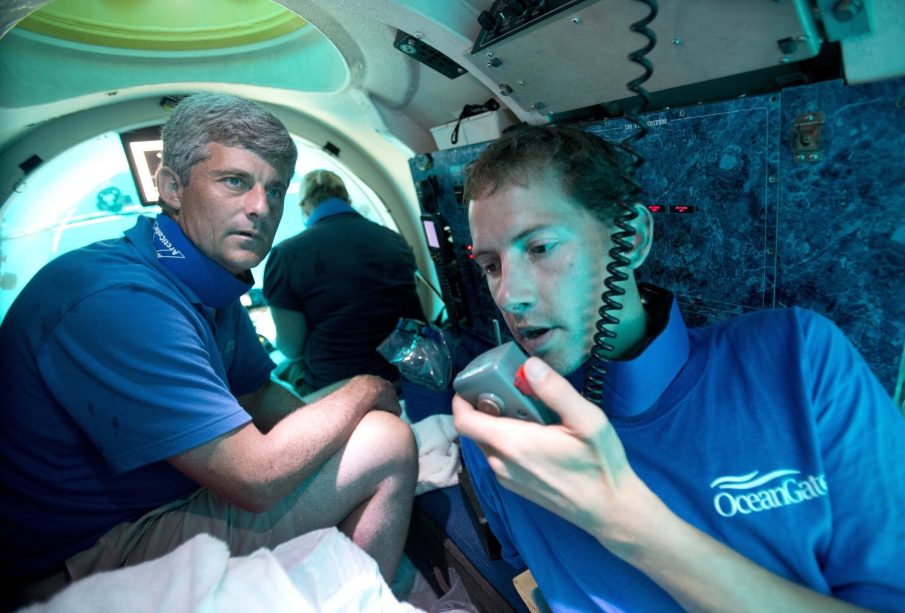The Legacy of Stockton Rush and Ocean Exploration

Introduction
Stockton Rush, the visionary CEO of OceanGate, has been at the forefront of undersea exploration technology. His work highlights the importance of innovation in exploring our planet’s oceans, which cover over 70% of the Earth’s surface. As humanity is increasingly seeking to understand marine ecosystems and resources, Rush’s contributions are more relevant than ever.
Stockton Rush’s Journey
Born in 1962 in California, Stockton Rush earned a degree in aerospace engineering from Princeton University. He subsequently worked in the aerospace field before turning his sights towards ocean exploration. In 2009, he founded OceanGate, a company dedicated to manned submersible expeditions that allow scientists and adventurers to explore the deep sea firsthand.
Innovations in Submersible Technology
Under Rush’s leadership, OceanGate has developed advanced submersibles capable of reaching the depths of the ocean. Their flagship submersible, Titan, was designed to withstand extreme pressures and offers unique capabilities for research and exploratory missions. The Titan has been instrumental in missions that include surveying shipwrecks, collecting biological samples, and visualising undersea habitats.
High-Profile Expeditions
Rush has led several high-profile expeditions, including dives to the wreck of the Titanic, which lies approximately 12,500 feet beneath the North Atlantic Ocean. These missions aim not only to map the site but also to study the impact of deep-sea decay and how ecosystems adapt to submerged relics of human history. Worth noting is the growing interest in maritime history and its intersection with technological advances in exploration.
The Future of Ocean Exploration
Despite facing challenges, such as safety concerns and environmental impact assessments, Rush remains committed to the mission of OceanGate. The company continues to push the boundaries of submersible capabilities, exploring not just wrecks, but potential sites for underwater resources, like minerals and renewable energy opportunities. Rush envisions a world where underwater exploration is as routine as space travel.
Conclusion
Stockton Rush’s commitment to enhancing our understanding of the ocean and its mysteries is profound. As technology evolves and the need to understand the oceans grows, Rush’s innovative approach will likely inspire future generations. OceanGate’s advancements promise not only to enhance exploration but potentially lead to discoveries that could have a significant impact on marine conservation and climate change mitigation. As we move forward, the significance of Rush’s work in oceanography will resonate for decades to come.









